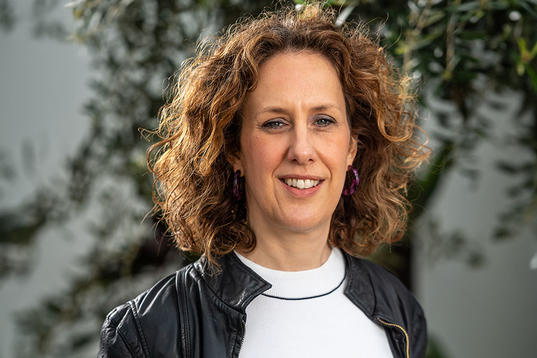In an exclusive interaction during her recent India visit, Clarkson spoke about why it's important for the world that India is on track to meet net-zero targets, level of climate awareness among business leaders, and how India can chase robust GDP growth while keeping climate considerations in mind.
Climate Group has been present in India for 15 years. During this time, they have worked with 15 state governments (eight at present), and about 150 businesses. Some of the companies they are working with to address climate-related strategies include Tata Motors, Godrej, Flipkart, JSW Steel, Ikea, JK Lakshmi Cement, Ashok Leyland, Flipkart and Zomato. Their network includes more than 500 multinationals in over 175 markets worldwide.
You can read below excerpts from the interaction below:
Q. You have worked with close to 150 companies in India. Which programme or focus area are most companies associated with?
EP100, that’s our energy efficiency programme. We had quite a lot of Indian companies join that a few years ago, partly through a partnership we did with EY to bring Indian companies into that, which led to a lot of work that we are doing in heavy industries. A lot of those companies joined because heavy industries, particularly a few years ago, was talked about as one of the hard-to-abate sectors. As we developed those relationships, we started to understand more about how you can abate emissions in steel and concrete, and now we have the SteelZero and the ConcreteZero campaigns. We are trying to get more Indian companies into those [campaigns] because India is such an important country for heavy industry and we’d like to get some more [climate] commitments from companies here.
Q. Are you seeing awareness and intent among business leaders here with respect to climate accountability?
It’s really hard to generalise. My experience is that there are some very committed companies here, and I will often see the same people at events around the world. And it’s the same with really passionate business leaders. They’re all on board for climate, making the commitment, being held accountable. But the Indian economy is enormous and I don’t know how much of that is trickling down. And that’s an important part… how to get beyond a few. You need those leaders, but you also need more of the rest of the market. That will be driven by different things. Having leaders who can set the pace, show the direction is very critical, but then there’ll be regulations, and some companies will wait till the regulations are fully [implemented].
To read the full interview, click here.

